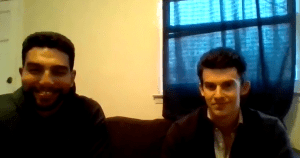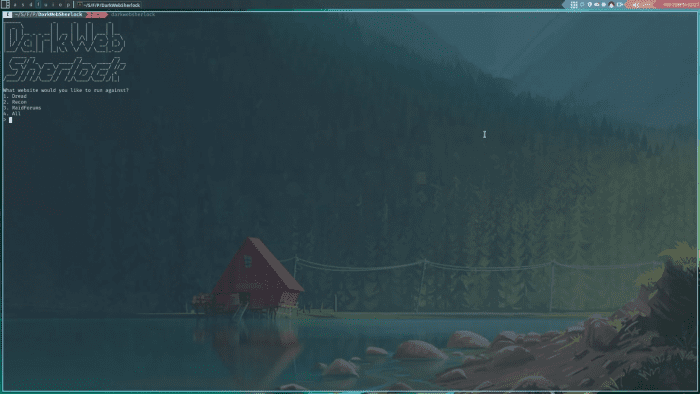By Harry To
The Center of Excellence in Wireless and Information Technology at Stony Brook University hosted its 5th annual Hack@CEWIT “hackathon” featuring student-made inventions, Feb. 26-28.
Usually this showcase takes place in person, but due to the COVID-19 pandemic this year’s event was hosted online. In place of the usual format, the over-200 competitors communicated through Zoom or Discord.
Satya Sharma, executive director of CEWIT, emphasized the abnormal circumstances weren’t a problem.
“This year’s 5th annual Hack@CEWIT had over 200 registered undergrad and graduate hackers from across the U.S.,” he said. “And though it was held virtually due to the pandemic, it did not diminish the quality of projects submitted by these bright and motivated students. It’s opportunities like this hackathon that builds confidence in their creativity and grows their entrepreneurial spirit.”
According to Sharma, this year’s theme, Innovating Through the Pandemic, reminds people that though there are sudden and unknown challenges, they can seize the opportunities those challenges create and harvest ideas never before imagined.

A standout project was R-AGI: Radiology Artificial General Intelligence, created by Stony Brook University graduate students Mohammed Elbadry, Joshua Leeman and Aaron Gregory.
“According to a survey, radiologists only have about 3-4 seconds to look over an X-ray and determine if there are any anomalies,” said Elbadry, a Ph.D. student with over 20-plus hackathons under his belt. “They don’t have much time, so if they had an AI that could help them that would be very useful.”
The limited time for scanning X-rays may result in a higher frequency of errors or discrepancies, with some studies citing an average 3% to 5% error rate, he said. That’s about 40 million radiologist errors every year, mistakes that could potentially cost hundreds of lives.
With the problem in mind, the team of three went to work to create AI that would offer a solution — a program that automatically scans X-rays and detects anomalies. This is something that could save not only time, but human lives.
By using an existing dataset of labelled X-rays, the team trained its AI to detect the presence of pneumonia as well as its specific manifestation. The AI then labels and informs the user of any further anomalies.
The SBU team ended up with an impressive showing, including Top-Tier Graduate Best in Show and Best Healthcare Innovation.
Another award winning project was DarkWebSherlock, created by Andrew Zeoli, Colin Hamill, Donald Finlayson and Ian Costa from Johnson & Wales University, Providence, R.I.
The sale of personal information on the dark web, a hidden part of the internet accessible through the TOR Browser, is a problem that has persisted for years, and DarkWebSherlock aims to create a solution.
The program allows users to scan through online marketplaces on the dark web to see if their data is up for sale anywhere.
This enables victims to be proactive by updating their passwords or changing their credit card numbers to better secure their information.
Costa said the program will be an invaluable asset. “Searching for usernames on the dark web is something our team does on a daily basis,” he said. “Our project will save valuable time for investigators and with some extra work will become a staple tool for dark web investigations.”
DarkWebSherlock won Top-Tier: Undergrad Best in Show.
Another award-winning project, Vaccine-Finder, aims to help speed up COVID-19 vaccine distribution for 65-year-old-plus vaccine seekers.
The interface allows the elderly, also people with disabilities, to plug in their zip codes and view the appointment availability of the COVID-19 vaccine.
Joshua Muckey started this project only recently, and it won Best Pandemic Innovation.
In all, the event hosted 15 projects, many of which showcased student ingenuity in the face of the COVID-19 pandemic.
“This year is a reminder of why innovation is key to our success and our survival as a region, as a state and as a society,” said Marc Alessi, a judge for the event, CEO of SynchroPET and executive director of Tesla Science Center. “This weekend’s hackathon at Stony Brook University’s CEWIT center is an example of bringing together emerging innovators from very diverse backgrounds for the purpose of celebrating and practicing innovation in its most raw form. This is essential to foster an environment of innovation.”
All of the participants’ projects can be found online here.





